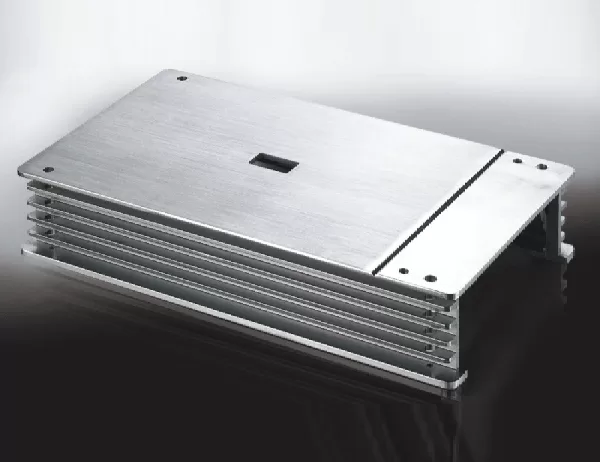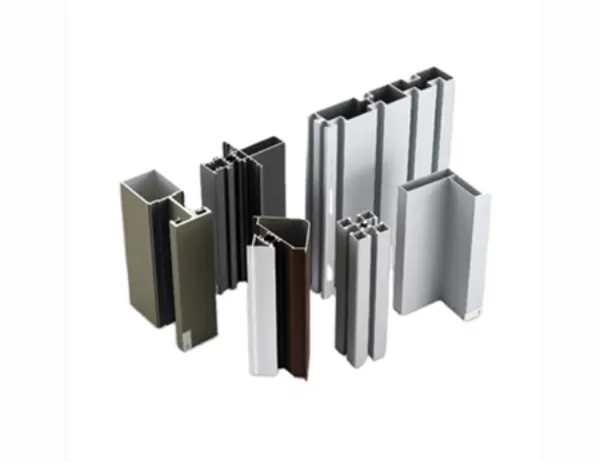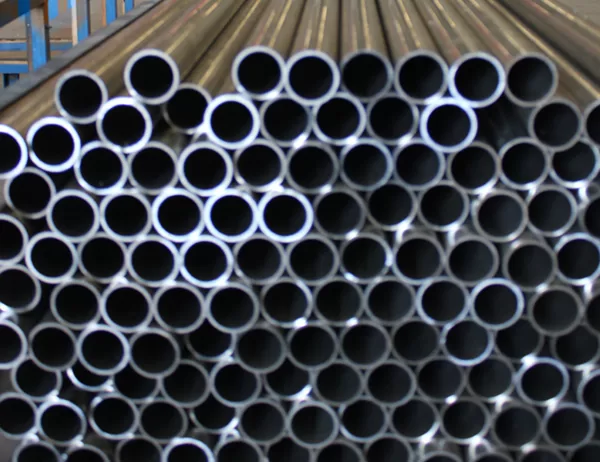Introduction
Aluminum extrusions are a critical component in the automotive industry, used in a wide range of applications from structural parts to interior trim. Selecting the right aluminum extrusion for a specific application requires careful consideration of several factors, including strength, weight, corrosion resistance, and cost. This article provides a comprehensive guide to help engineers and manufacturers make informed decisions when choosing aluminum extrusions for automotive applications.
The mechanical properties of an aluminum extrusion are vital for ensuring its ability to withstand the forces encountered in automotive applications. The most important mechanical properties for automotive extrusions are:
– Tensile Strength: The maximum stress an extrusion can withstand before breaking. High tensile strength is crucial for structural components that need to تحمل heavy loads.
– Yield Strength: The stress at which an extrusion begins to deform permanently. Yield strength is important for parts that are subjected to repeated or dynamic loads.
– Elongation: The percentage of permanent deformation an extrusion can undergo before breaking. High elongation is desirable for parts that need to be flexible or absorb impact energy.
Automotive extrusions are often exposed to harsh environmental conditions, such as road salt, moisture, and chemicals. Therefore, corrosion resistance is a key factor in ensuring the durability and performance of the extrusion. The most common types of corrosion resistance for aluminum extrusions include:
– Anodization: A process that creates a protective oxide layer on the surface of the extrusion, improving its resistance to corrosion and wear.
– Powder Coating: A process that applies a thin layer of powder paint to the extrusion, providing excellent corrosion protection and a wide range of color options.
– Chromating: A chemical treatment that creates a thin layer of chromium oxide on the extrusion, enhancing its resistance to corrosion and providing a decorative finish.
Weight and cost are two important considerations when choosing aluminum extrusions for automotive applications. Aluminum extrusions offer a lightweight alternative to other materials, such as steel or cast iron, which can help to improve vehicle fuel efficiency. However, the cost of aluminum extrusions can vary depending on the alloy, shape, and complexity of the extrusion. It is important to carefully evaluate the trade-offs between weight and cost to determine the best solution for each application.
Aluminum extrusions offer exceptional design flexibility, making them suitable for a wide range of automotive applications. Extrusions can be designed with complex shapes, intricate details, and hollow sections, which can reduce weight and optimize structural performance. The ability to customize aluminum extrusions allows engineers to create unique and innovative solutions that meet the specific requirements of their applications.
Selecting the right aluminum extrusions for automotive applications requires a careful consideration of the mechanical properties, corrosion resistance, weight, cost, and design flexibility of the extrusion. By following the guidelines outlined in this article, engineers and manufacturers can make informed decisions that will ensure the performance, durability, and cost-effectiveness of their aluminum extrusion applications in the automotive industry.




